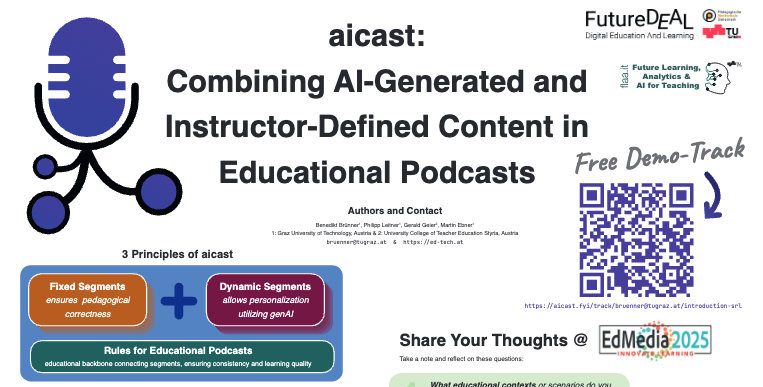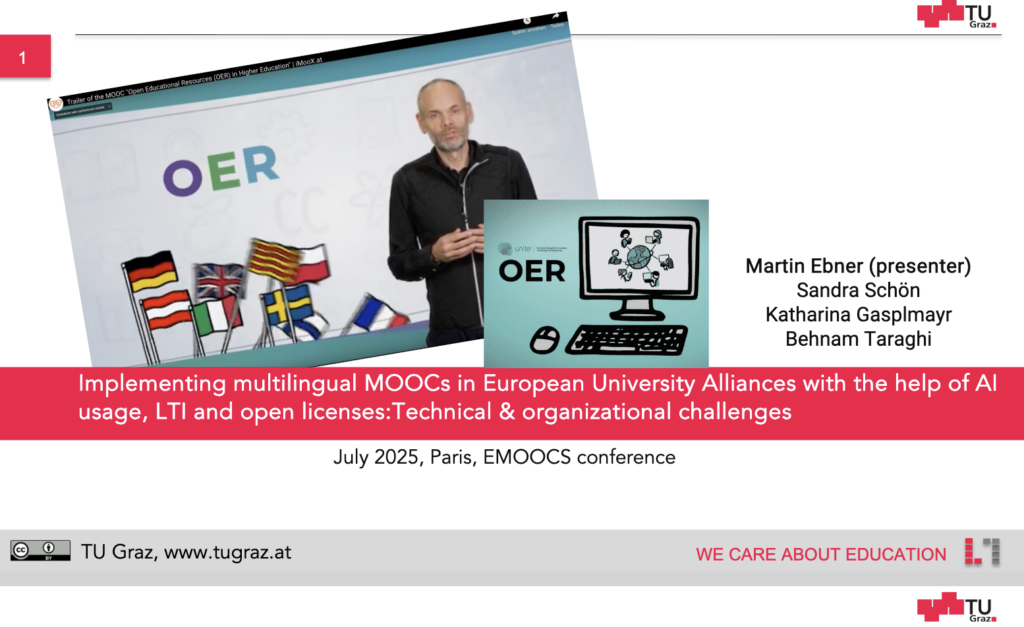Our research paper, „Pedagogical Infrastructures of MOOC Design for Employees Training in Leading Organizations,“ has been published:
Abstract:
As the most promising form of education, Massive Open Online Courses (MOOCs) have recently received lots of attention, especially in the leading organizations, requiring closer attention to be paid to the MOOCs’ implementation platforms before their execution. This qualitative study aims to analyze the pedagogical infrastructures in MOOCs designed for employee training in leading organizations. The research population includes documents retrieved by searching authentic Persian and Latin databases. Out of 142 studies (2013–2023), 73 were selected using a criterion sampling method. Data were gathered using the library research method and then analyzed via thematic analysis. The model validation process was presented using expert judgment. The researcher-made questionnaire for content validation of the conceptual model was then sent to the experts and the final model was approved after the modifications were made. Finally, eight sub-categories (i.e., application of learning paradigms and theories, motivational strategies in the educational environment, application of evaluation module strategies and criteria, provision of an interactive platform, infrastructure for developing the content of the course selection, setting the educational and learning goals, determining the learners’ activity in learning, application of the learners engagement types) were obtained.
[draft @ ResearchGate]
[final publication @ publisher’s website]
Reference: Fathi Hafshejani, F., Ebner, M. (2025). Pedagogical Infrastructures of MOOC Design for Employees Training in Leading Organizations. In: Auer, M.E., May, D. (eds) 2024 Yearbook Emerging Technologies in Learning. Learning and Analytics in Intelligent Systems, vol 44. Springer, Cham. https://doi.org/10.1007/978-3-031-80388-8_12





